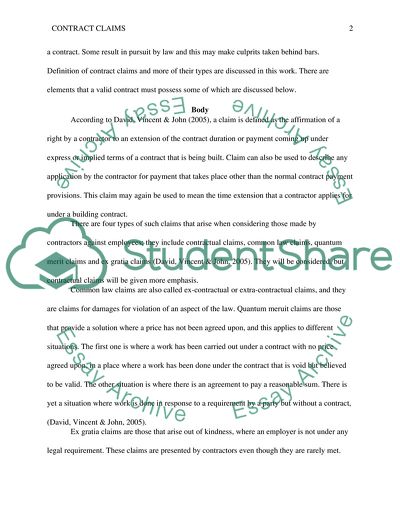Cite this document
(Contract Claims Research Paper Example | Topics and Well Written Essays - 2000 words, n.d.)
Contract Claims Research Paper Example | Topics and Well Written Essays - 2000 words. Retrieved from https://studentshare.org/law/1766515-contract-claims
Contract Claims Research Paper Example | Topics and Well Written Essays - 2000 words. Retrieved from https://studentshare.org/law/1766515-contract-claims
(Contract Claims Research Paper Example | Topics and Well Written Essays - 2000 Words)
Contract Claims Research Paper Example | Topics and Well Written Essays - 2000 Words. https://studentshare.org/law/1766515-contract-claims.
Contract Claims Research Paper Example | Topics and Well Written Essays - 2000 Words. https://studentshare.org/law/1766515-contract-claims.
“Contract Claims Research Paper Example | Topics and Well Written Essays - 2000 Words”. https://studentshare.org/law/1766515-contract-claims.


